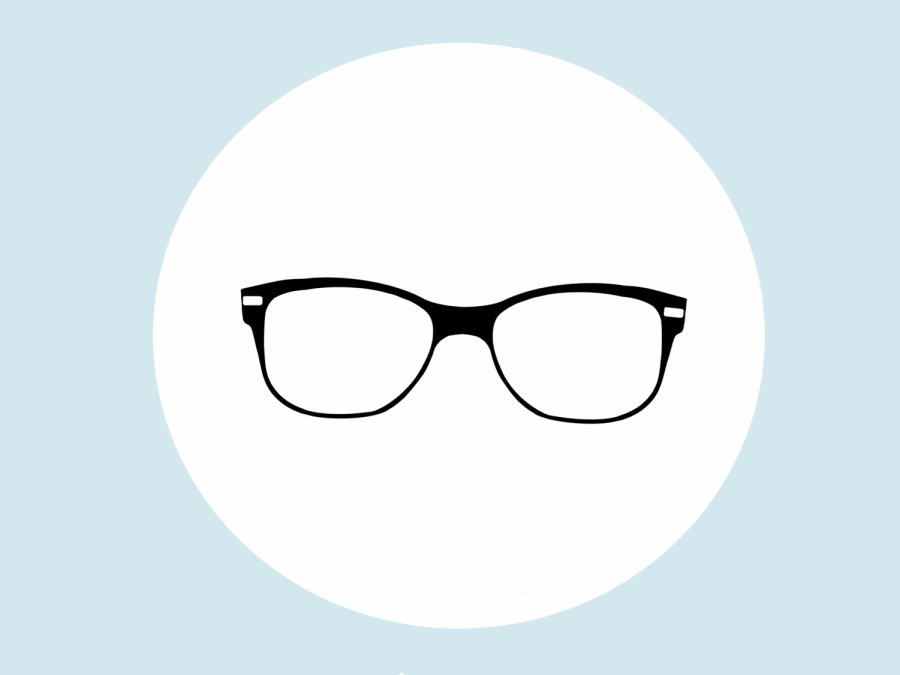The Truth Behind Glasses Companies
September 27, 2018
About 75% of Americans wear glasses as a medical necessity. In such a large industry people might expect that there are a variety of glasses companies as they are tied to the daily lives of many Americans, and the business is an important part of the economy. If you have ever gone to buy prescription glasses, you might notice the expensive price, and wonder why do we spend hundreds of dollars on two lenses and a plastic/metal frame? Think of it, we spend as much money on glasses as it would cost to buy an average cell phone, an advancement of the technology that has evolved through the decades. Why would companies such as Ray-Ban and Oakley raise their prices to as much of 20 times of what it cost to produce a simple pair of glasses? Well, it’s primarily because all of these famous companies such as Ray-Ban, Oakley, and Persol are owned by one company: Luxottica.
Luxottica is an Italian company that is so hidden, many of us are not even aware of its existence. Yet, it contributes to a quarter of global glasses sales, and is the world’s uncontested glasses distributor. Being the largest glasses company gives them a giant monopoly in the glasses business as they can fluctuate their prices to their demand; this is very apparent as their revenue from 2017 was $20 billion. Even though Luxottica owns a huge portion of glasses companies, you can just try a different brand, but unfortunately most American glasses companies are forced to obey their demands. One example was the gaining of Oakley when they tried to dispute their prices with Luxottica, which dropped them from all their stores. With a lack of stores to sell their glasses Oakleys’ stock price crashed, ruining their business, after Luxottica bought them out enacting a “hostile” takeover.
Many people have spoken out against Luxottica as the most common criticism is that they over-charge their products. It responded that the glasses industry is still very competitive and that their frame sales only account for 10% of global sales. They announced that there was to be a merge between Luxottica and Essilor, the world’s second largest glasses company. Together they make 25% of the global glasses sales, and they will go unchallenged as the third largest glasses company, Johnson-Johnson only has 3.9% of the market share. Despite many people speaking out against Luxottica, it seems that they will continue to monopolize the glasses market as they remain uncontested.

